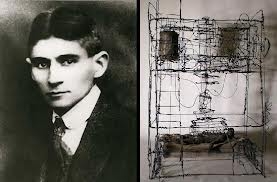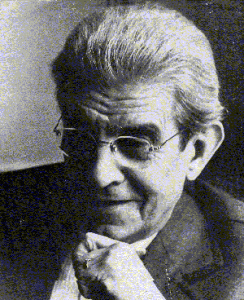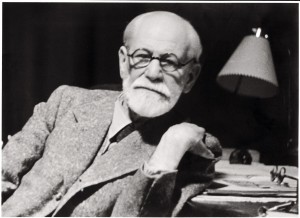When reading “Culture is Ordinary” what stood out to me was this notion that through education one can change the class which one is born with. Here we see a clear example of a person who comes from a working class and has become an academic, even though he is a living example that changing class is possible with education Williams main argument is that everyone is capable of becoming an academic if they want to thus university and grammar school should be more accessible to all. He critics people in the “ tea shop” where intellects come to converse, he believes that anyone can do this anyone can be a intellect, that his family and friends that come from the working class have the same capabilities as these intellects they just need the opportunity to learn. He talks about the idea of culture has two different meanings “to mean a whole way of life – the common meaning; to mean the arts and learning – the special process of discovery and creative effort” (4) he mentions that he believes “on the significance of their conjunction” (4) of having both meanings at the same time. He also constantly insist that “culture is ordinary” (4) This is important because the idea that there is a low culture an everyday mundane culture which is less important compared to the elite high class culture of art and learning. Yet he argues that they are equally important and I agree because it is this every day culture that really defines us as a society this is the culture that produces change that is why at the end of his paper he Williams mentions “Who then believes in democracy? The answer is quite simple: the millions in England who still haven’t got it, where they work and feel. There, as always, is the transforming energy” (18). In general I agree with his paper and his idea that everyone equally has the capability of becoming a intellect if the opportunity is given to them.
In the text “The Work of Art in the Age of Its technological Reproducible I found interesting the idea that original works of art have “aura” something that is lost when it’s reproduced. I believe this idea is true you feel a sort of respect for things that are original especially if they are older. I remember when I went to see a Da vinci exhibit of his sketches and writing, you feel a connection to the things because its original in a way you feel a connection to the person who made them. One aspect that I would have to contradict is that I don’t believe “aura” is the right word, a “aura” is something always present is part of the object and I really believe that this emotion or connection we feel with original works is an abstract concept made by us. Would we feel this way if we were shown an original but not know it, or shown a copy but telling us it’s an original. I think this “aura” is man-made so I believe the name is not appropriate, this is an aspect that as observers we bring to the art object, not something that the art object transmits to us.



 He later tries to explain it with using bedded chains interlocked with one another. And this reminded me of DNA how proteins become DNA which becomes genes and then they are chromosomes, it is a complex interconnected system where one thing is not more important than the other like the signifier and the signified.
He later tries to explain it with using bedded chains interlocked with one another. And this reminded me of DNA how proteins become DNA which becomes genes and then they are chromosomes, it is a complex interconnected system where one thing is not more important than the other like the signifier and the signified.